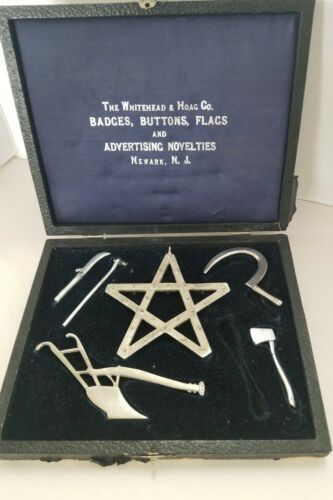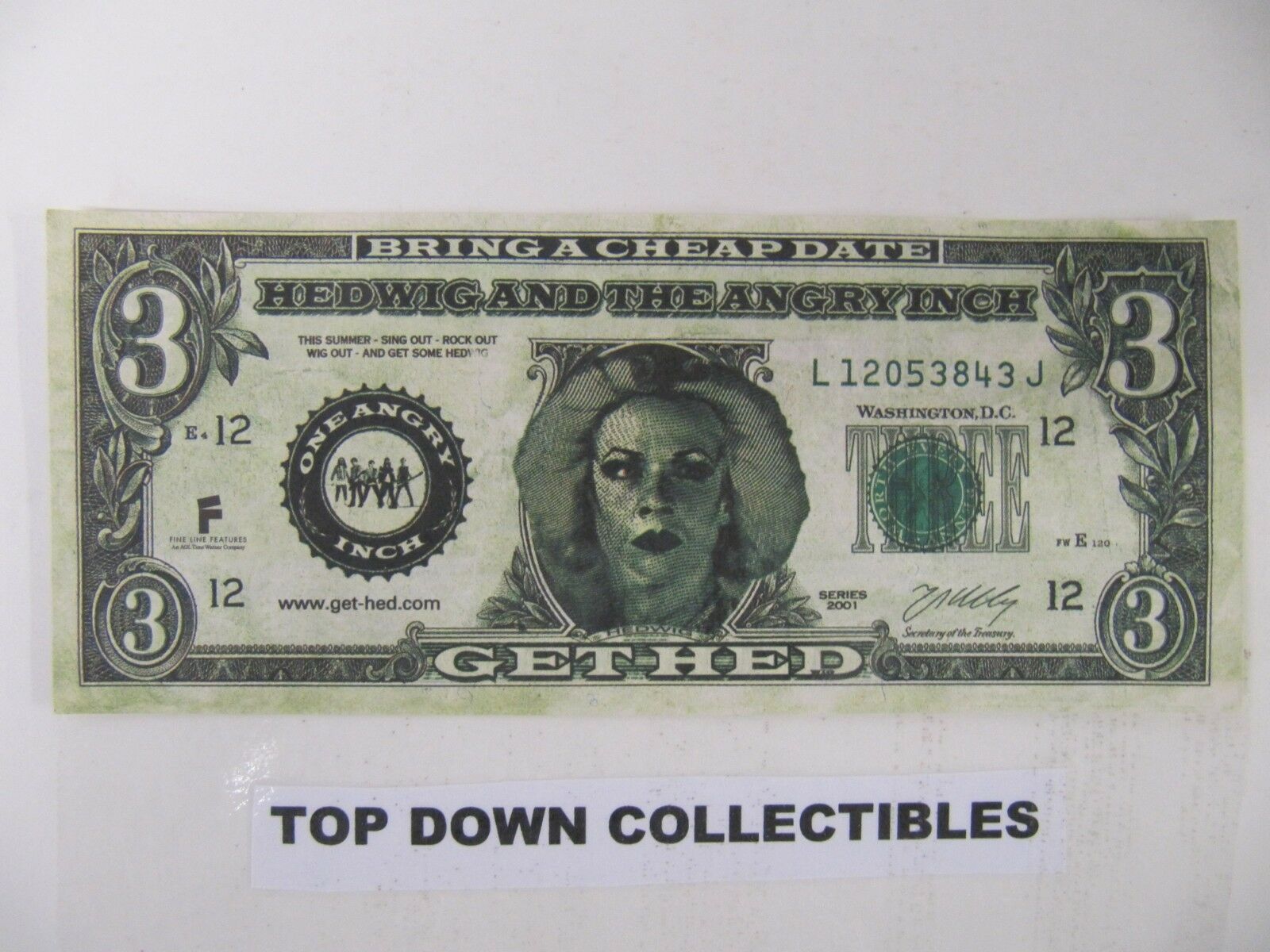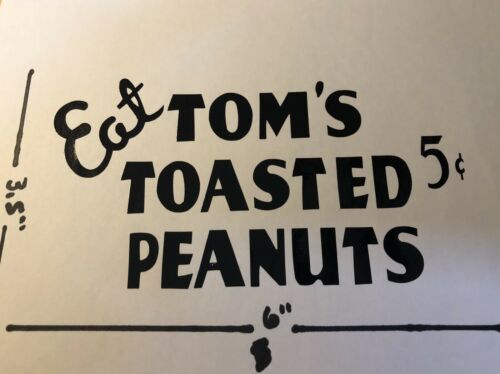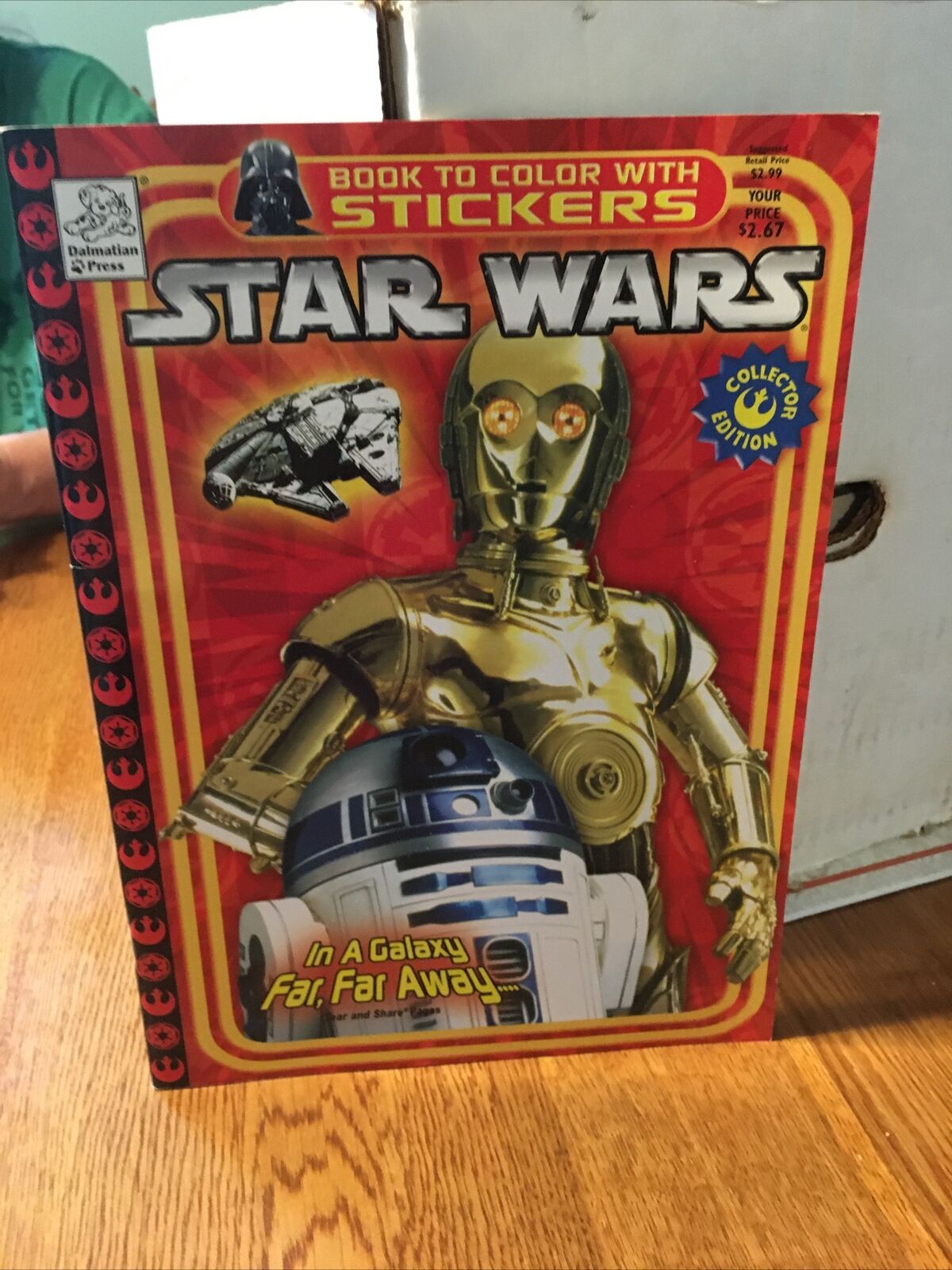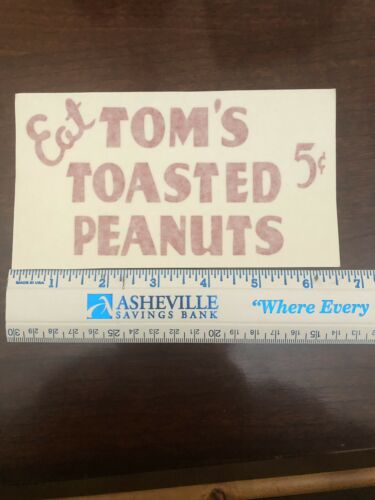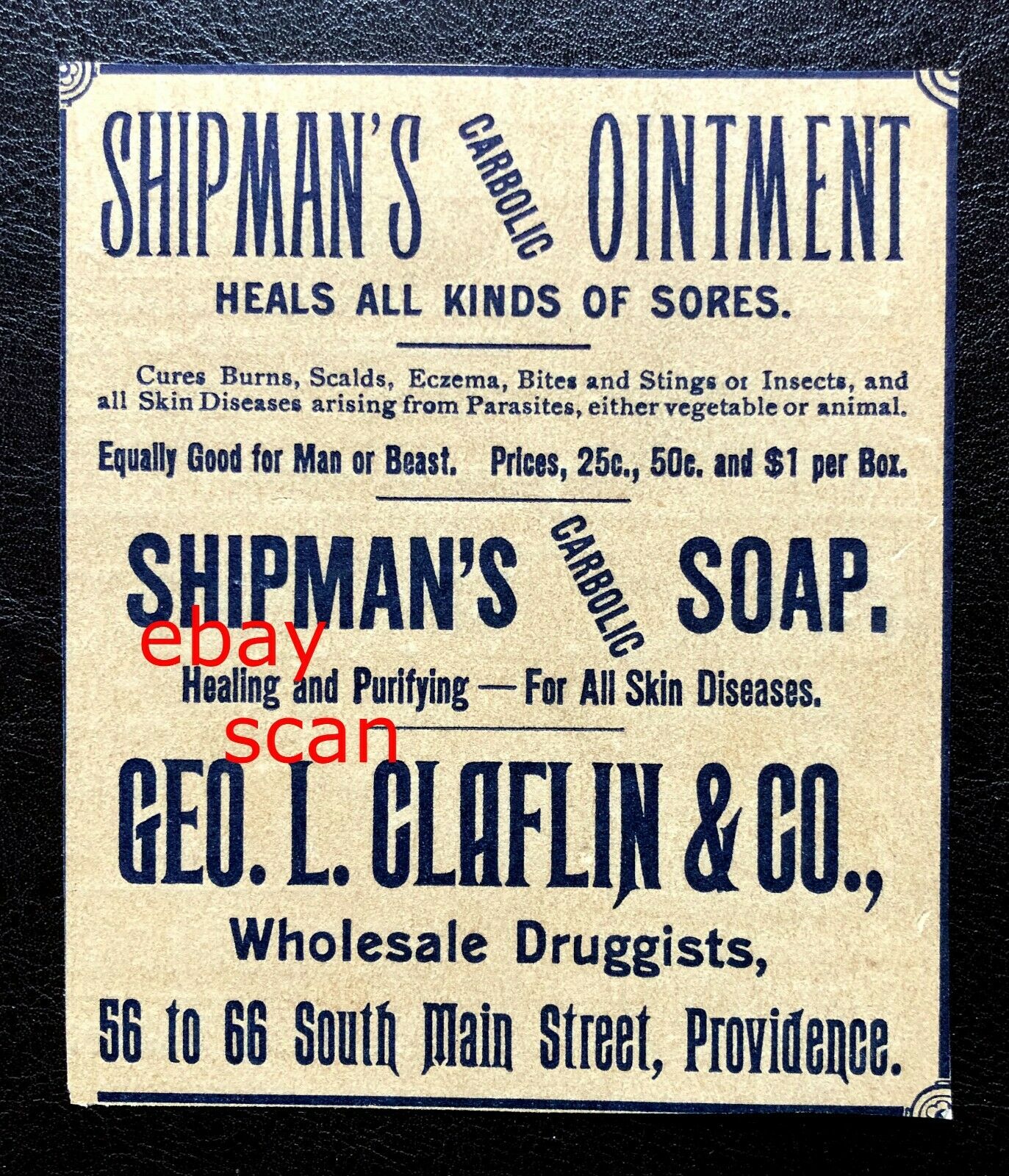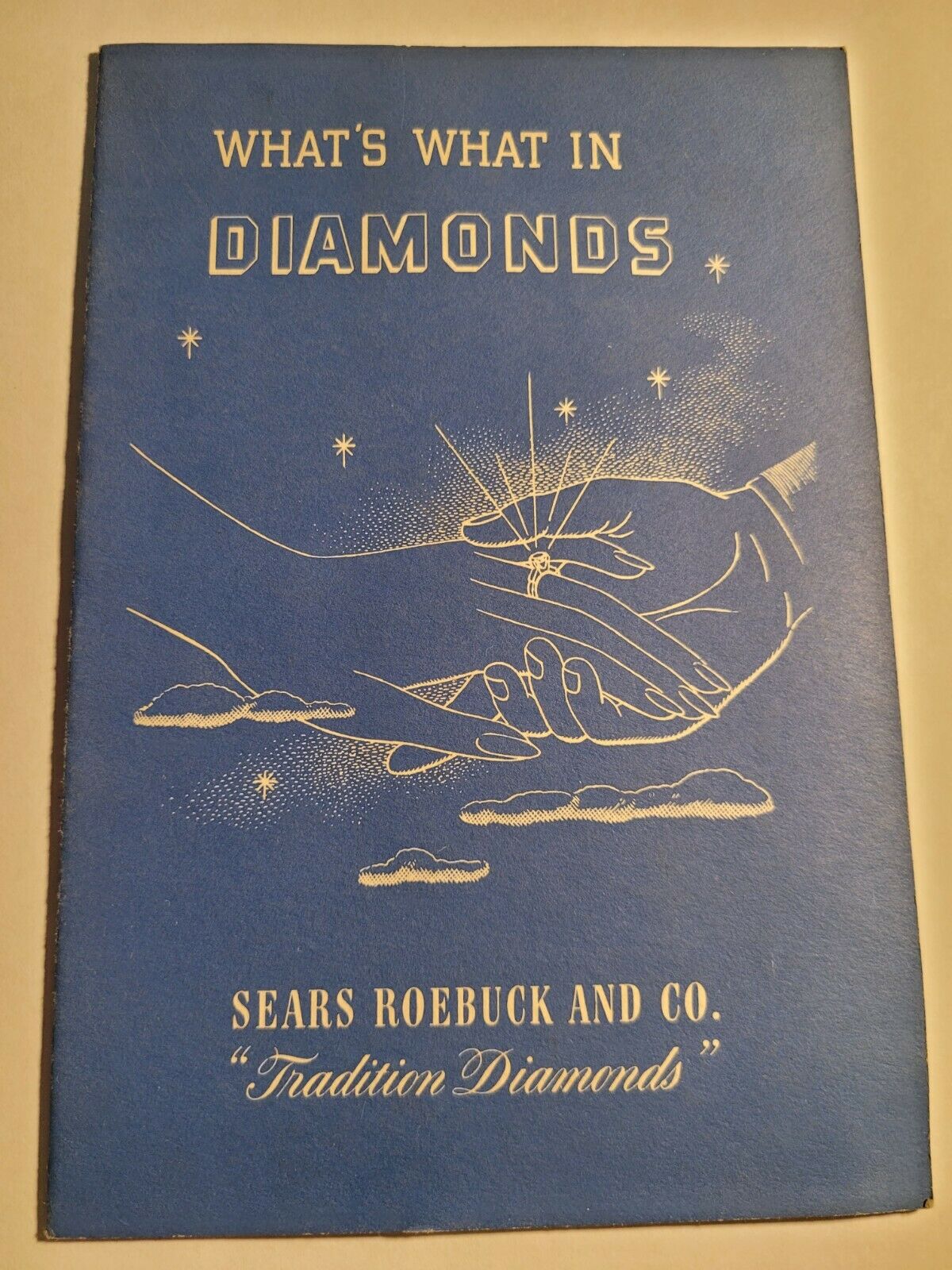-40%
Vintage Whitehead & Hoag Salesman Sample Case Advertising Novelties
$ 132
- Description
- Size Guide
Description
This is a Vintage Whitehead & Hoag Salesman Sample wood Case for Advertising Novelties.Featuring farm equipment & tools.
Pre-owned but still in very good condition, it is missing one piece and the leatherette covering the wood case is pealing off.
The box measures 9.75 x 8
See pictures for better details and condition.
From online research:
Whitehead & Hoag was founded in 1892 in Newark, New Jersey, by Benjamin S. Whitehead (1858-1940) and Chester R. Hoag (1860-1935) when the two teamed up to combine their expertise and formalize their friendship.
Benjamin Whitehead had studied Printing at the Cooper Union Institute in New York City and first distinguished himself as a printer when his products were exhibited at the 1876 Centennial Exposition in Philadelphia. He was very enterprising, traveled a lot and collected ideas for novelties that he might later prodce in his shop.
Chester Hoag had no formal education beyond grammar school but was a voracious reader and self-educator. Hoag first met Whitehead when he sold him paper and twine for his printing business. At the time, Whitehead was busy printing programs and badges for local picnics and parties. The business developed in conjunction with their friendship.
In 1892 the two friends decided to team up and formally incorporated under the name
Whitehead & Hoag Company
. Over time they developed expertise in manufacturing buttons and acquired three major patents that allowed them to grow the company into the dominant player in this lucrative field. Buttons were in high demand as they were a very cost-effective way of advertising, both in business and in politics, and Whitehead & Hoag serviced that demand very well.
During the Second World War Whitehead & Hoag employed over 400 workers but it could not successfully grow from a mid-sized family-owned company to a large corporation. In 1953 the last founders' family member with an active interest in the company died and the firm started deteriorating. One or two profitable years would be followed by several years of financial losses. In 1959, a long-time competitor, Bastian Bros. of Rochester, N.Y., bought the business.
It appears that more than a little vengefulness were at work in winding down operations. Rather than merging Whitehead & Hoag into Bastian's business, the new owner ordered the factory to be sold and all dies and records destroyed. Thus the carefully archived records and dies of many beautiful medals were lost.
